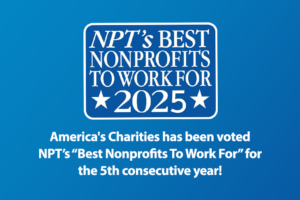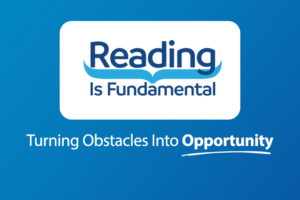Sarah Ford | February 25, 2014
When Even the Starting Line Is Out of Reach
POINT PLEASANT, W.Va. — JOHNNY WEETHEE, a beautiful and beaming child who at the age of 3 still struggles to speak, encapsulates the shortcomings of our approach to poverty.
As an infant, Johnny was deaf but no one noticed or got him the timely medical care he needed to restore his hearing. He lives in a trailer here in the hills of rural Appalachia with a mom who loves him and tries to support him but is also juggling bills, frozen pipes and a broken car that she can’t afford to fix.
“We weren’t aware of his hearing problems,” said his mother, Truffles Weethee. It was Save the Children, the aid group, that discovered Johnny’s deafness in a screening when he was 18 months old. That led to medical treatment that restored most of his hearing, but after such a long period of deafness in infancy, it’s unclear if he will fully recover his ability to communicate.
Johnny is a happy, friendly child, and it’s infuriating that lapses in infancy may hold him back for the rest of his life — but that’s often how disadvantage works.
One reason American antipoverty efforts over the last half-century haven’t been more effective is that they mostly treat symptoms, not causes. To put it another way, we don’t invest nearly enough in helping children in the first few years of life as their brains are developing. If we miss that window, then adult interventions like higher minimum wages can never be fully effective.
Almost one-fifth of children here in West Virginia are born with drugs or alcohol in their systems, one study found. Those kids may never reach their potential as a result.
What would make a difference? We need an integrated set of early interventions, starting with family planning to help women and girls avoid unwanted pregnancy (four out of five births to teenagers are unplanned or unwanted). We need outreach efforts to help pregnant women curb use of drugs, alcohol and tobacco, as well as free at-home help for new moms who want to breast-feed.
Let’s push for home visitation programs that encourage parents to speak to children and read to them; many low-income homes don’t have a single kid’s book. We also need initiatives to reduce exposure to lead and other toxins. Finally, how about screenings for problems like hearing and visual impairment — all followed by a good prekindergarten.
Rigorous evidence suggests that these kinds of interventions save money because the costs of failure are so great. Yet most kids don’t get such help.
Johnny’s deafness may have been congenital. But there are also preventable causes of hearing loss. Most low-income moms here would like to breast-feed, but only one-third do so — partly because there is no free help available when they run into troubles, according to Tonya Bonecutter, a local Save the Children caseworker. Research suggests that formula-fed babies are 70 percent more likely to get ear infections, and that’s a special concern for low-income families with only haphazard access to medical care.
Dr. Irwin Redlener, a Columbia University professor who is president of the Children’s Health Fund, notes that untreated ear infections can lead to deafness. This comes on top of a well-known finding that low-income children hear 30 million fewer words by the age of 3 than the children of professionals.
Get Resources and Insights Straight To Your Inbox
Explore More Articles
For Fifth Consecutive Year America’s Charities Named ‘Best Nonprofit To Work For’
Washington, D.C. – April 1, 2025 – America’s Charities, the nonprofit that mobilizes the power of giving as a leading provider of volunteering, workplace giving,…
Read ArticleWorkplace Fundraising + Volunteering Summit (April 2nd and 3rd, 2025)
Join us in attending this virtual summit! The America’s Charities team is joining up with other leading voices in the workplace giving space for a…
Read ArticleThe Time to Act is Now
The results of the 2024 National Assessment of Educational Progress (NAEP) are in, and the findings are, in a word, heartbreaking. This assessment serves as…
Read ArticleGet Resources and Insights Straight To Your Inbox
Receive our monthly/bi-monthly newsletter filled with information about causes, nonprofit impact, and topics important for corporate social responsibility and employee engagement professionals, including disaster response, workplace giving, matching gifts, employee assistance funds, volunteering, scholarship award program management, grantmaking, and other philanthropic initiatives.





